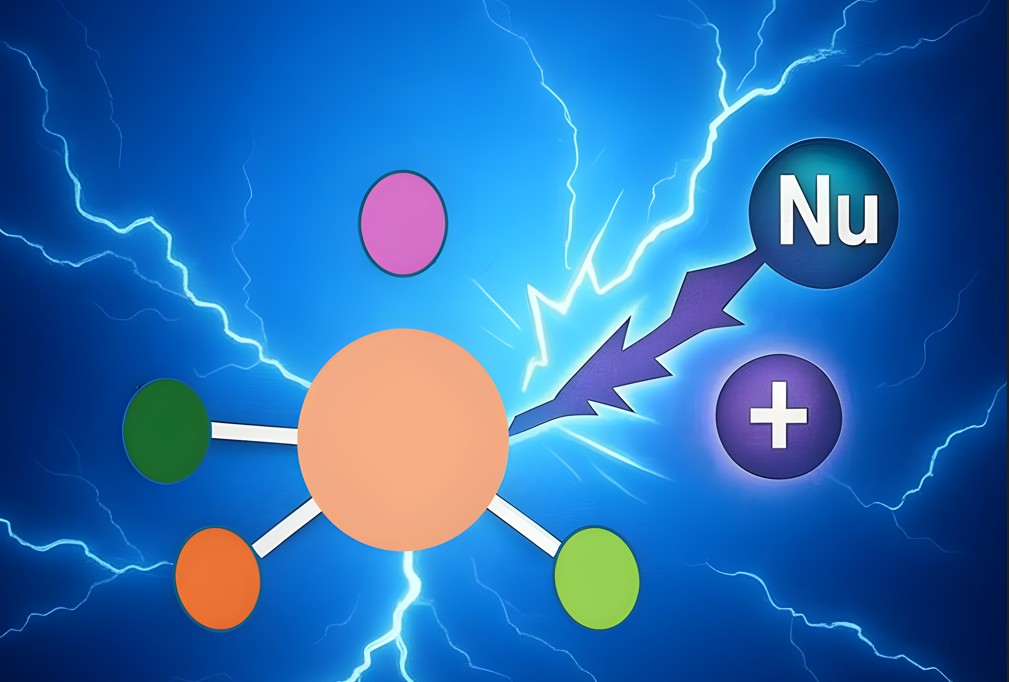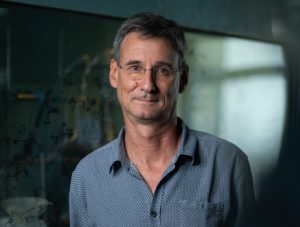New Method Controls Complex Carbon Bond Stereochemistry
Technion researchers develop novel technique for precise quaternary stereocenter manipulation in organic synthesis reactions
Researchers in the Schulich Faculty of Chemistry and Resnick Sustainability Center for Catalysis at the Technion-Israel Institute of Technology have made a significant organic chemistry advancement with a new method for controlling carbon-carbon bond cleavage at quaternary stereocenters in acyclic systems. The study was led by doctoral student Kaushalendra Patel, under the guidance of Distinguished Prof. Ilan Marek. Published in Nature Chemistry, the team’s findings present a novel approach for controlling stereochemistry for SN1 reactions, a fundamental process in organic chemistry.
Achieving stereocontrol over SN1 reactions is challenging, particularly in acyclic molecules (i.e. ones that do not contain a closed loop or ring structure in their molecular configuration), where unstable intermediates complicate the process. The new method overcomes this issue by employing neighboring s-group participation, enabling precise stereochemical control. This innovation facilitates the creation of complex molecular structures with remarkable selectivity.

This discovery has been successfully used to make a wide range of compounds, possessing stereodefined tertiary fluorides, chlorides, bromides, ethers, thiocyanates, and azides. The researchers’ breakthrough opens new possibilities in drug development, providing a powerful tool for creating molecules with specific properties. It holds great potential for advancing pharmaceutical and fine chemical synthesis, with exciting future applications.
The research was supported by the Israel Science Foundation (ISF).
For the full article: click here





